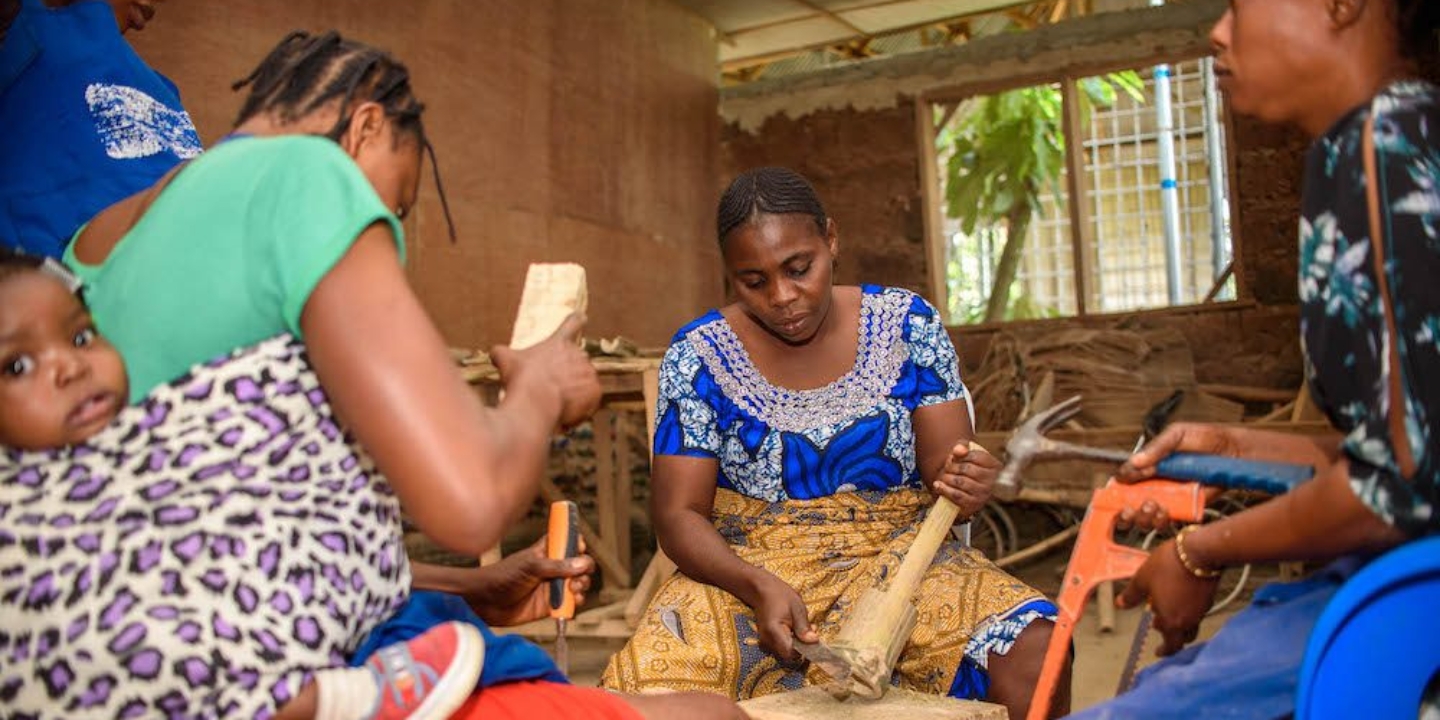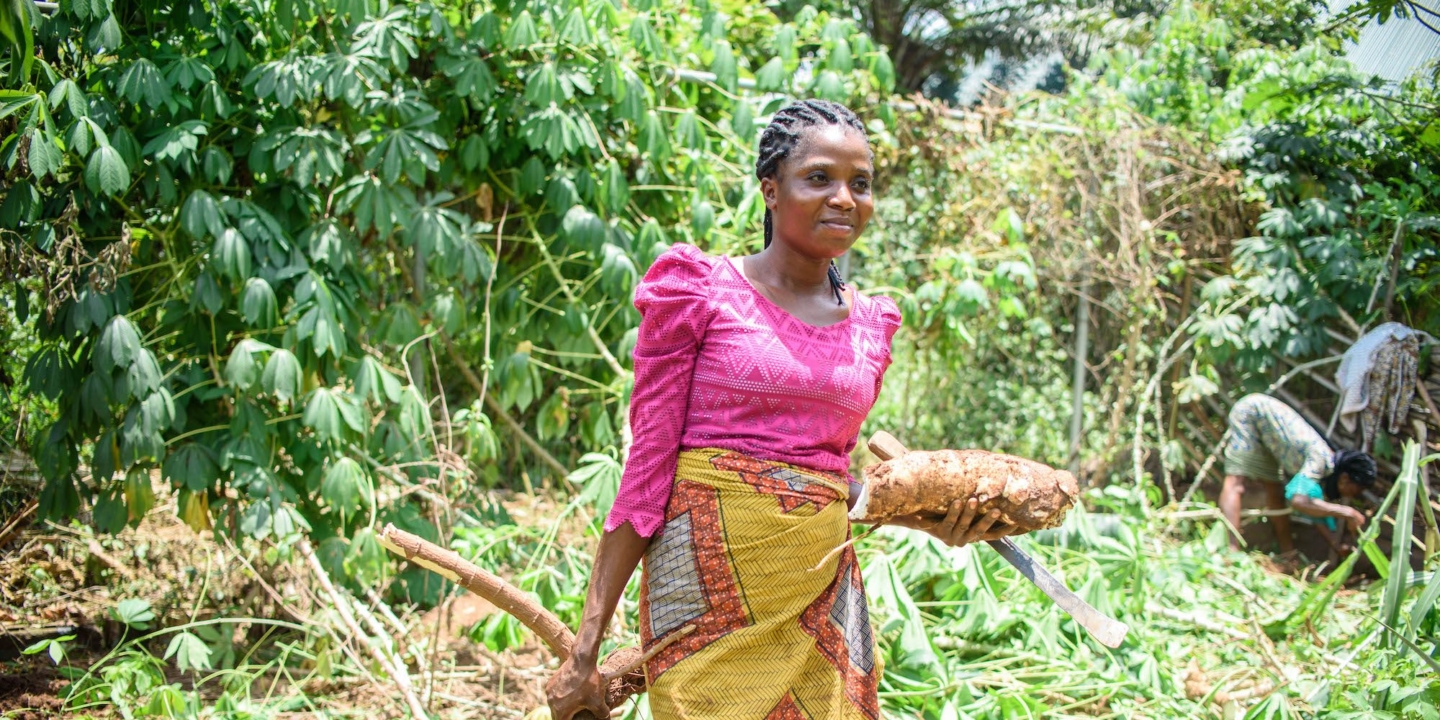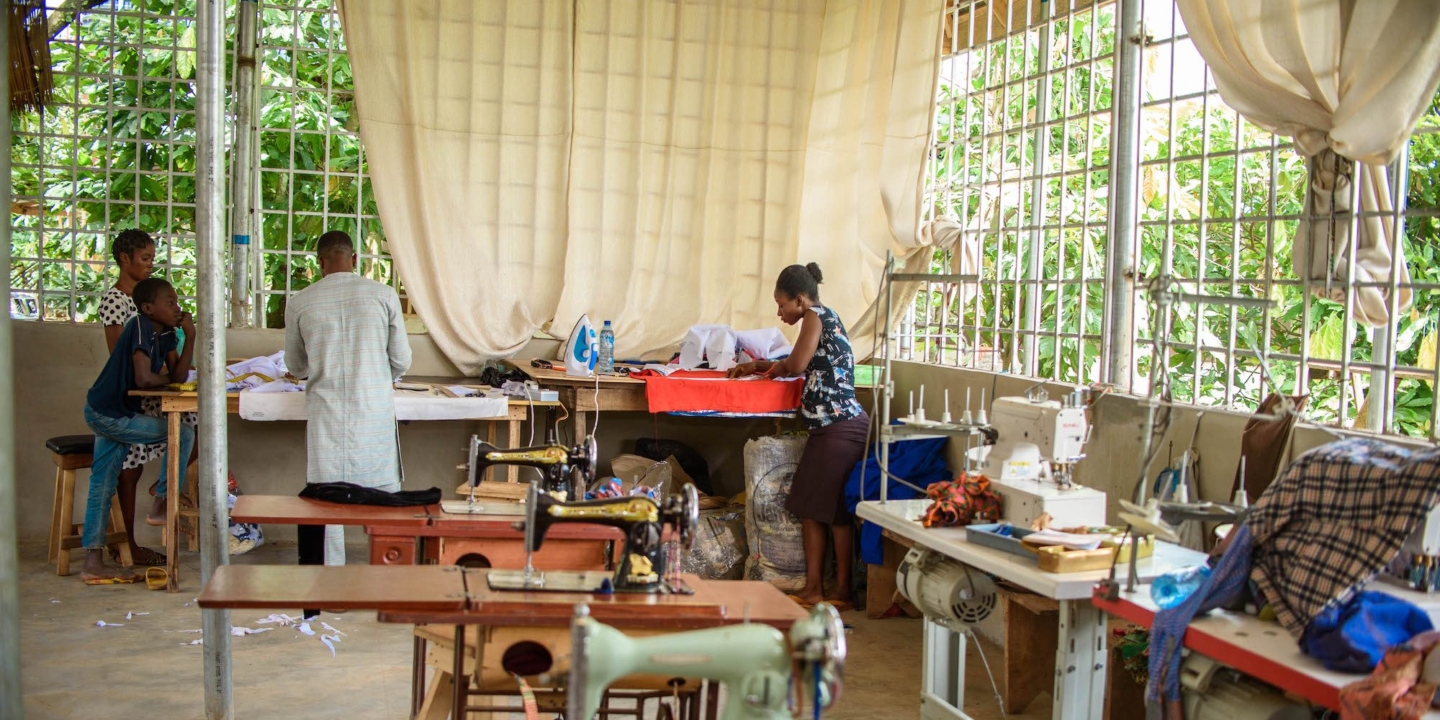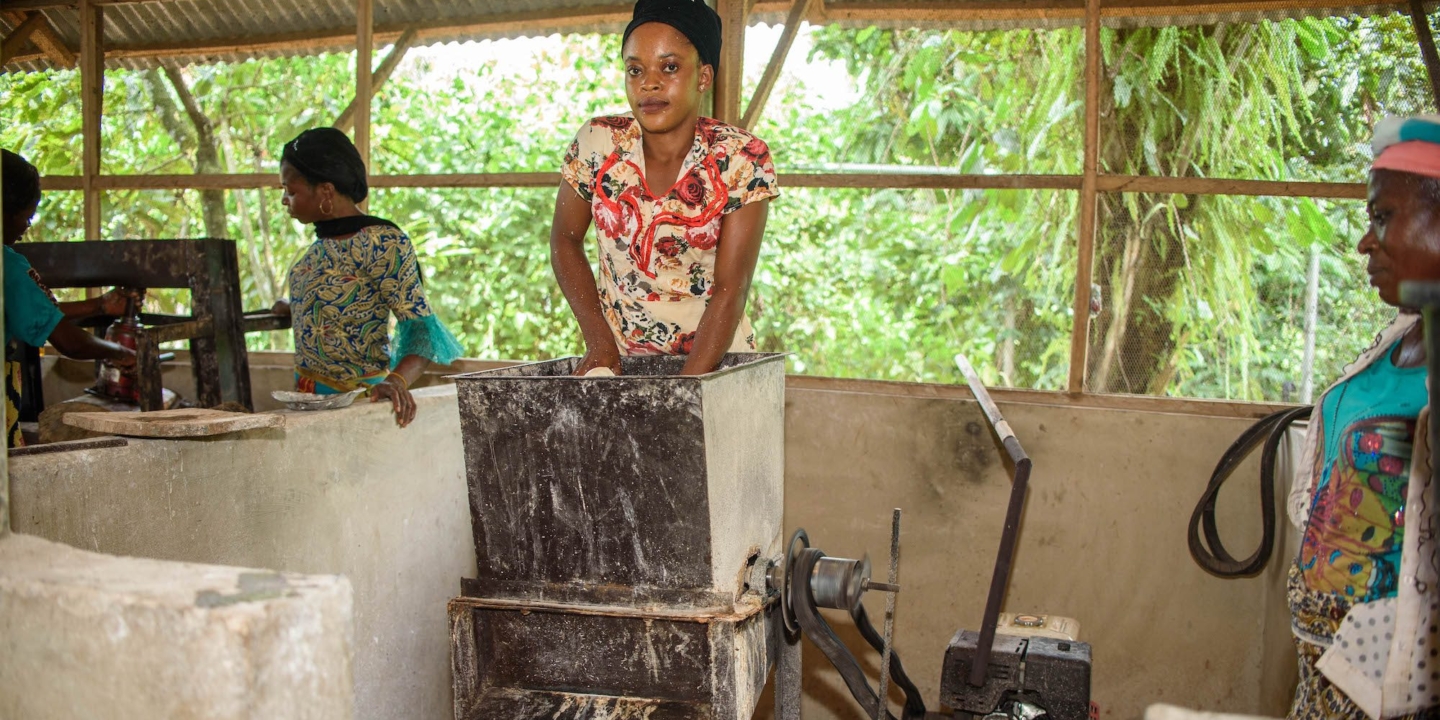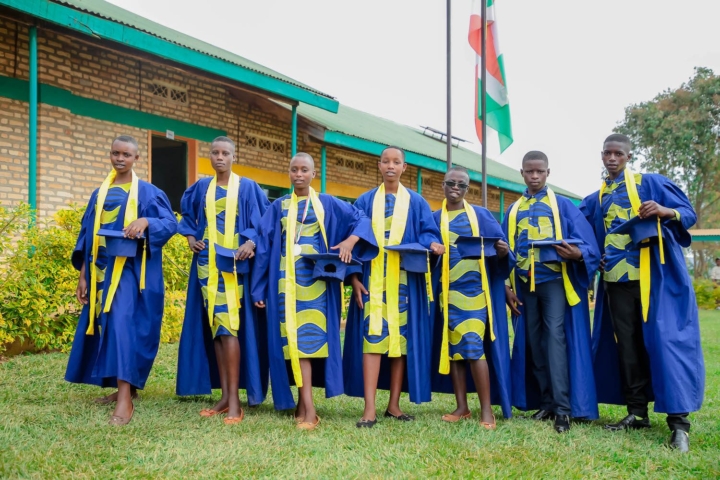Durian: Building rural communities of the future
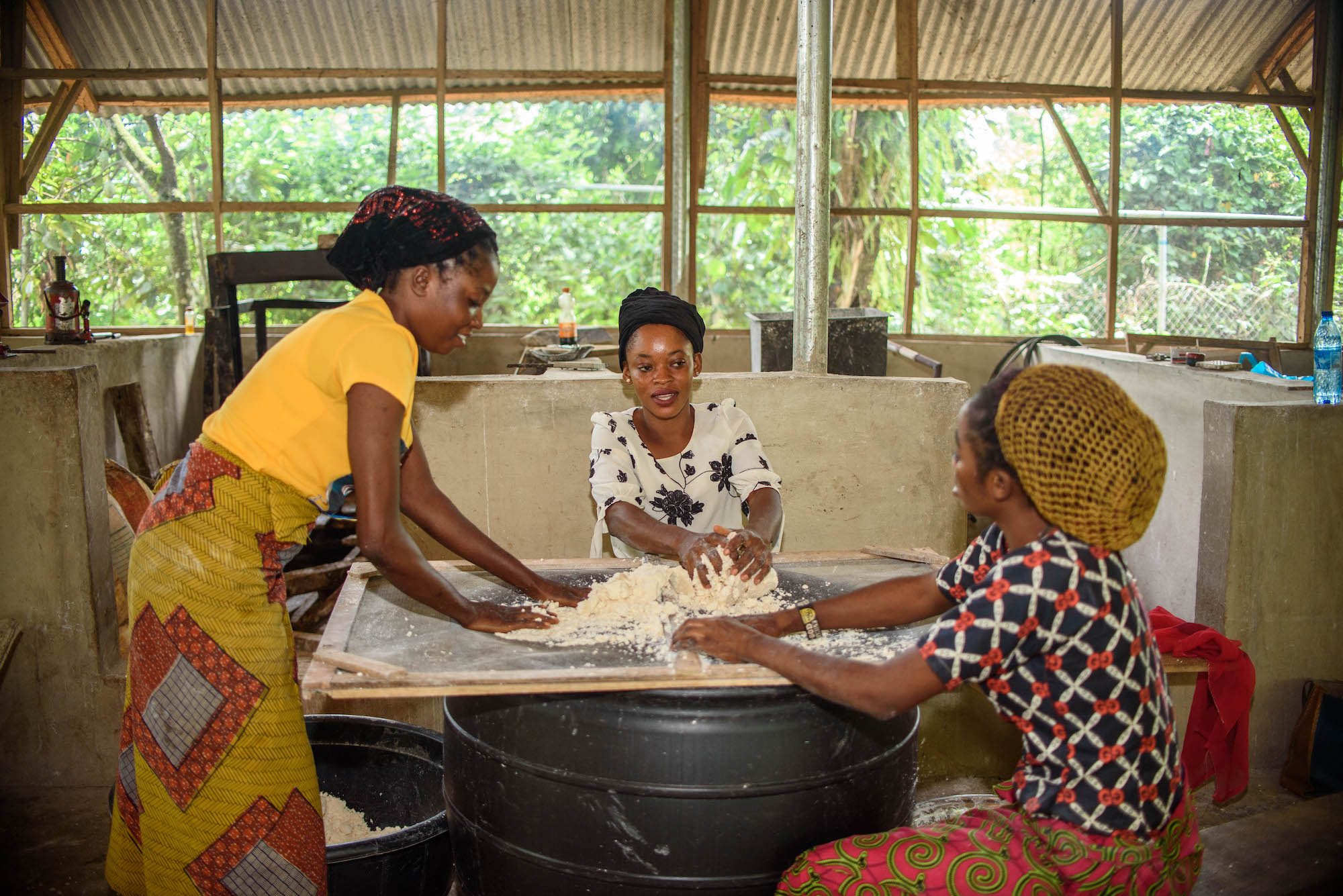
/ Lucy, participant in black soap training in 2019
-
TYPE OF GRANT:
Scaling -
FUNDING PERIOD:
2023-2025 -
GEOGRAPHIC FOCUS:
Ondo state, Nigeria
Problem
In Nigeria, a significant rural-urban divide and substantial rural migration exist. In 1960, 85% of the population resided in rural areas, but this is down to 47% as of 2021. Considering that Nigeria is the most populous country in Africa, this shift affects around 100 million people. Unfortunately, rural areas commonly suffer from a negative perception, contributing to an environment of rural marginalisation that extends beyond mere poverty and encompasses the erosion of community bonds.
Nigeria is also the largest economy in Africa. This creates opportunities (and needs) to strengthen local supply chains and set up more sustainable and circular economic models. The top-down approach to economic development has not guaranteed development to rural communities.
Solution
Durian employs a three-pronged strategy encompassing Education, Agriculture, and Vocational Training, aimed at fostering future communities that are circular, creative, and driven by the empowerment of rural women. Durian adopts a well-structured and deliberate approach to achieving this goal. The organisation initiates its efforts by systematically mapping the available resources within local communities. This process is conducted through the lens of sustainability and regenerative practices, seeking to identify elements within these communities that can contribute to local economic growth. An example is the utilisation of resources like black soap made from cocoa pod husks. The findings from this assessment are subsequently shared and deliberated upon with community leaders, leading to a collaborative decision-making process on the way forward. The central strategy revolves around empowering women in rural communities to utilise their own local waste and resources as sources of livelihood. The level of local community engagement and support is substantial. Durian covers economic, social, and environmental impact objectives. Their goal extends beyond empowering rural individuals; it also aims to reshape the prevailing narrative about rural communities within Nigeria.
Durian's headquarters is situated at their Crafts Village in Imafon. However, the organisation is expanding its reach to encompass additional communities. Typically, Durian's involvement within a community spans 5 years, with the possibility of extending support for an additional 2 years if necessary. Solutions are always tailored to the specific context of each community. Presently, the focus is directed toward addressing issues related to cocoa and fabric waste and cultivating cassava and bamboo.
Within the next five years, Durian plans to set up 10 operating women cooperatives with adequate market access, lifting 5000 rural women out of extreme poverty. In addition, Durian aims to convert 100 acres of farmland and build the largest network of rural women organic farmers in Nigeria.
-
100tons of agri waste recovered
-
60of 150 women trained are already making a living using their new skills or have made fundamental changes in their lives that have improved their well-being
-
Increasedinvolvement of rural women in decision-making in their families and communities
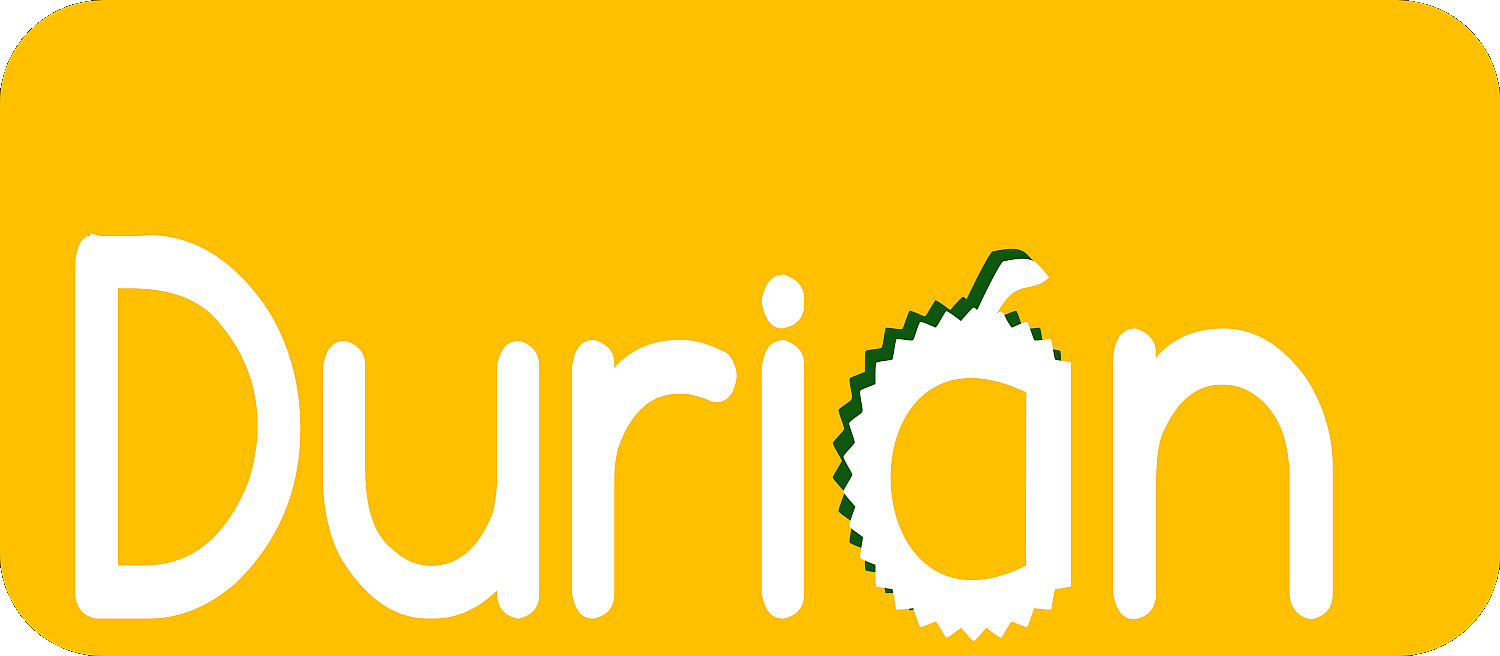
About the organization
In 2015 Tony Joy, Durian’s founder, organised the Keep Nigeria Clean Campaign to create awareness and clean up the country with the support of volunteers. Subsequently, she started to train women to make crafts from plastic and fabric waste. In 2016 she set up the organisation to continue the work in a more structural way. Seeing opportunities and creating value from resources that others see as waste or problems is the organisation's core mission. This is coupled with a deep belief in the relevance of rural communities. Durian offers unique vocational training, education, and agriculture techniques all based on regenerative business practices to equip women in rural Nigerian communities with the skills and perspectives needed to be self-sufficient. Durian also runs its own farm, a cassava processing factory, and a livestock farm. In 2022, Tony Joy became an Ashoka Fellow.
